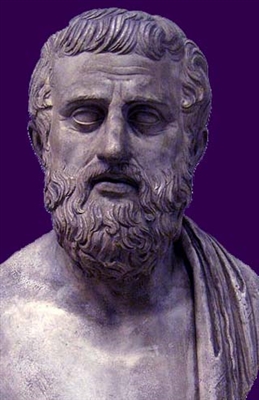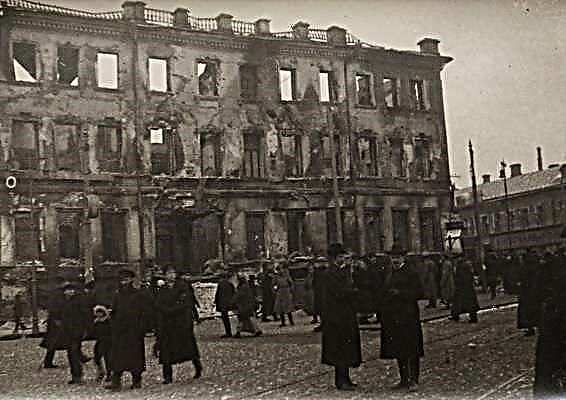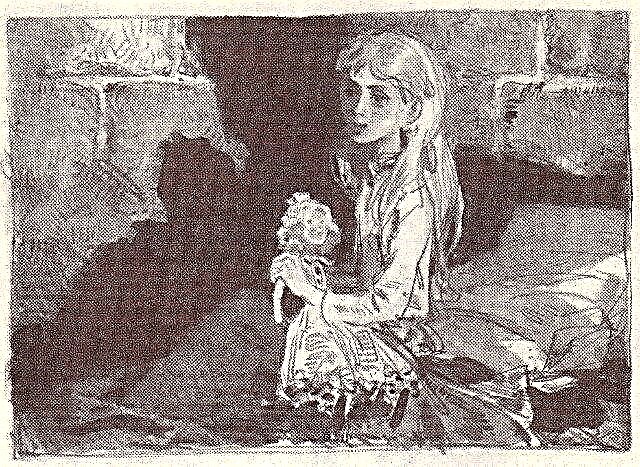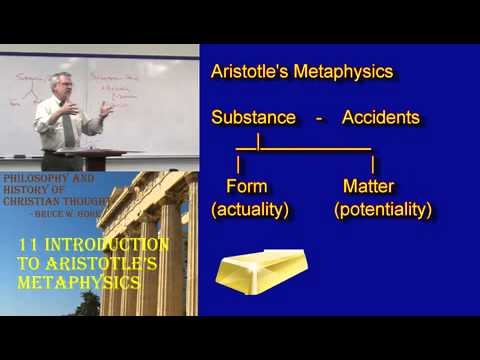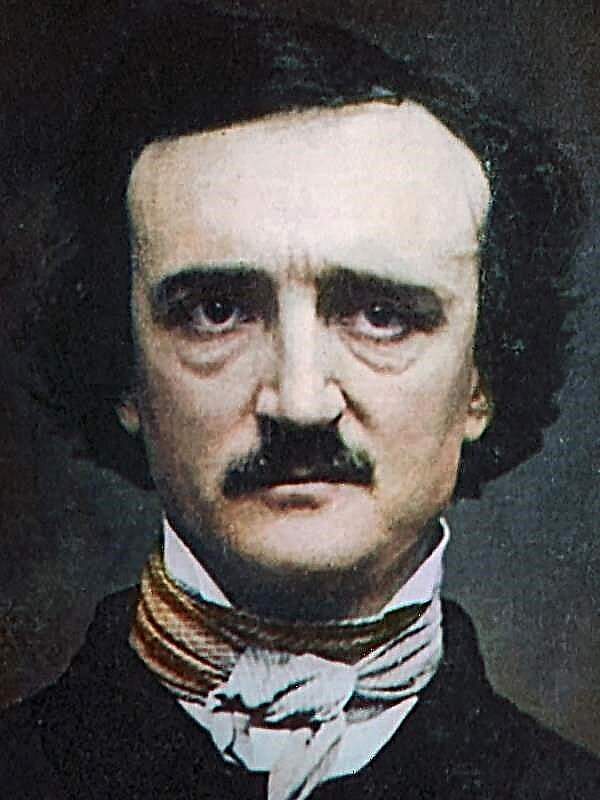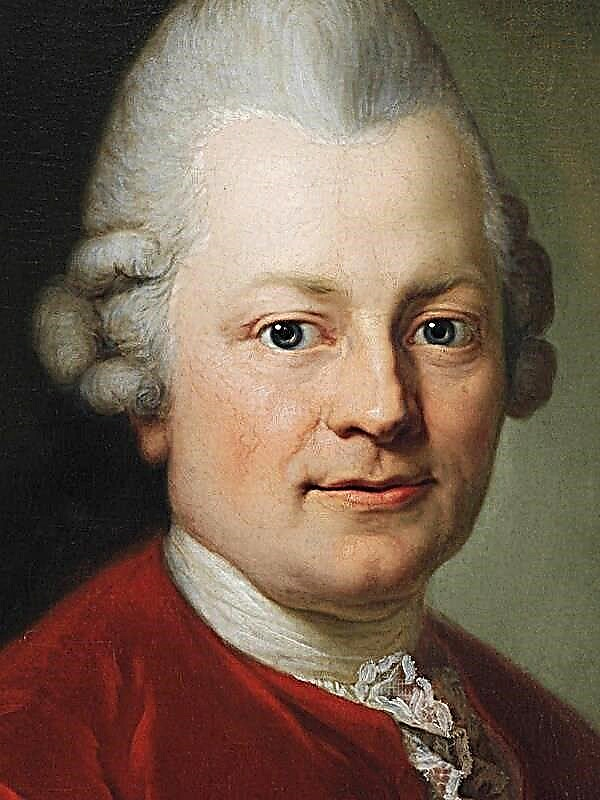The queen, the wife of Meliaduct, King Lonua, was relieved of the burden by the boy and died, having barely managed to kiss her son and call him Tristan (in the lane with the French - sad), because he was born in sorrow. The king entrusted the baby to the Governor, and he himself soon married again. The boy grew up strong and beautiful, like Lancelot, but his stepmother did not like him, and therefore, fearing for the life of the pet, the Governor took him to Gaul, to the court of King Faramon. There Tristan received a knightly education, and twelve years old went to Cornwall to serve with his uncle, King Mark.
Cornwall at that time was forced to pay a heavy tribute to Ireland every year: one hundred girls, one hundred boys and one hundred purebred horses. And then the mighty Morhult, the brother of the Irish queen, once again came to Mark for a tribute, but here, to everyone's surprise, the young Tristan challenged him to a duel. King Mark knighted Tristan, and appointed the island of St. Samson as the place of the duel. Moving together, Tristan and Morhult wounded each other with spears; Morhult’s spear was poisoned, but before the poison could take effect, Tristan hit the enemy with such force that he cut his helmet and a piece of his sword stuck in Morhult’s head. The Irishman fled and soon died, but Cornwall was freed from tribute.
Tristan was very suffering from a wound, and no one could help him until one lady advised him to seek healing in other lands. He listened to her advice and alone, without companions, sat down in a boat; she was carried by sea for two weeks and finally nailed to the Irish shore near the castle, in which King Angen and the queen, who belonged to the sister of Morhult, lived. Hiding his real name and calling himself Tantris, Tristan asked if there was a skilled healer in the castle, but the king replied that his daughter, the Blonde Isolde, was very versed in medicinal art. While Isolda nursed the wounded knight, he managed to notice that she was very beautiful.
When Tristan recovered from the wound, a terrible serpent appeared in the kingdom of Angen, daily repairing robbery and devastation in the vicinity of the castle. To the one who kills the snake, Angen promised to give half of the kingdom and his daughter Isolde as a wife. Tristan killed the snake, and the wedding day was already set, but then one of the Irish knights announced that the sword of Tristan had a crinkle in shape that coincided with the piece of steel that had been removed from the head of the late Morhult. Having learned who was almost related to her, the queen wanted to slaughter Tristan with his own sword, but the noble young man asked for the right to stand trial before the king. The king did not begin to execute Tristan, but ordered to immediately leave the borders of his country. In Cornwall, King Mark exalted Tristan, making him the head and governor of the castle and possessions, but soon ignited him with hatred. He thought for a long time how to get rid of Tristan, and finally announced that he had decided to marry. The valiant Tristan publicly promised to deliver the bride, and when the king said that his chosen one is Isolda of Ireland, he could no longer take this word back and had to sail to Ireland for certain death. The ship, on which Tristan, the Governor and forty other knights went on their way, fell into a storm and was washed ashore at the castle of King Arthur. At that time, King Angen happened to be in the same lands, instead of which Tristan went to battle with the giant Bloamor and defeated him. Angen forgave Tristan the death of Morhult and took with him to Ireland, promising to fulfill any request. Tristan asked King Isolde, but not for himself, but for his uncle and lord of King Mark.
King Angen fulfilled the request of Tristan; Isolda was outfitted for the journey, and the queen gave the daughter's maidservant, Brigienne, a jug of the love drink that Mark and Isolde had to drink when they ascended the conjugal bed. On the way back, heat became hot, and Tristan ordered cold wine to be brought to him with Isolde. Due to an oversight, a young man and a girl were served a jug with a love drink, they tasted it, and then their hearts began to beat differently. From now on, they could not think of anything but about each other ...
King Mark was struck in the heart by the beauty of Isolde, so the wedding was played immediately upon the arrival of the bride in Cornwall. So that the king did not notice Isolde’s faults, the Governor and Bragniena came up with the idea that he spend the first night with Bragniena, who was virgin. When King Mark entered the bedchamber, Isolda blew out the candles, explaining this by an old Irish custom, and in the darkness gave way to a servant. The king was pleased.
Time passed, and Mark's hatred of his nephew boiled with renewed vigor, for the views exchanged between Tristan and the queen left no doubt that they were both full of irresistible mutual attraction. Mark ordered the Queen to oversee a trusted servant named Odre, but a lot of time passed before he knew that Tristan and Isolda were seen alone in the garden. Odre told his master about this, and the king, armed with a bow, sat down in the crown of a laurel tree to make sure of everything himself. However, the lovers noticed the voyager in time and started a conversation intended for his ears: Tristan allegedly wondered why Mark hated him so much, selflessly loving his king and so sincerely worshiping the queen, and asked Isolde if there was a way to overcome this hatred.
The king succumbed to the cunning of lovers; Audre fell into disgrace for defamation, and Tristan was again surrounded by honor. Audre, however, did not abandon the thought of betraying Tristan into the hands of the king. Once he scattered sharp braids in the Queen’s bedroom, and Tristan cut himself in the dark about them, not noticing it himself. Isolda felt that the sheets became wet and sticky with blood, she understood everything, sent her lover away, and then deliberately injured her leg and screamed that she had been assassinated. Either Audre or Tristan could be guilty of this, but the latter insisted so fervently on a duel in which he could prove his innocence that the king stopped the proceedings for fear of losing such a faithful servant as Audre.
Another time, Odre gathered twenty knights who had a tooth on Tristan, hid them in the room adjacent to the bedroom, but Tristan was warned by Brignena and without armor, with one sword rushed at the enemies. They fled in disgrace, but Odre partially achieved his goal:
Mark imprisoned Isolde in a high tower, into which no man could penetrate. Separation from her lover caused Tristan such suffering that he fell ill and almost died, but the devotee Brignen, giving him a woman's dress, nevertheless led the young man to Isolde. For three days, Tristan and Isolde enjoyed love, until Odre finally found out everything and sent fifty knights to the tower, who captured Tristan sleeping.
The angry Mark ordered Tristan to be sent to the fire, and Isolde to be given to lepers. However, Tristan managed to escape from the hands of the guard on the way to the place of execution, and Isolda repulsed the Governor from lepers. Having reunited, the lovers took refuge in the Castle of the Wise Virgin, in the forest of Morois. But their serene life did not last long: King Mark found out where they were hiding, and in the absence of Tristan he plunged into the castle and took Izolda by force, and Tristan could not help her, because on that day he was treacherously wounded by a poisoned arrow. Brangiena told Tristan that only the daughter of King Hoel, Beloruca Isold, could heal him of such a wound. Tristan went to Brittany, and there the royal daughter, who liked the young man very much, really cured him.Before Tristan recovered from the wound, a certain Count Agrippa besieged the castle of Hoel with a large army. Leading the outing, Tristan defeated the enemies of Hoel, and the king decided to reward his daughter for him.
We played a wedding. When the young ones lay on the bed, Tristan suddenly remembered the other, the Belokuruyu Isolde, and therefore did not go further than hugs and kisses. Unaware that other pleasures exist, the young one was quite happy. Queen Isolde, learning about the marriage of Tristan, almost died of grief. He, too, could not endure long separation from his beloved. In the guise of a madman, Tristan arrived in Cornwall and, amusing Mark with his speeches, was left in the castle. Here he found a way to open up to Isolde, and for two months the lovers met each time the king happened to leave the castle. When the time came to say goodbye, Isolda wept bitterly, foreseeing that she was no longer destined to meet with Tristan. Once Tristan was wounded again, and the healers again could not help him. Feeling worse and worse, he sent for Isolde, telling the shipbuilder to sail under white sails if Isolda was with him on the ship, and under black ones if not.
By trick, the shipman was able to take Izolda away from Mark and was already entering his ship under the white sails into the harbor, when another Isolda, learning about the color of the sails, hurried to Tristan and said that the sails were black. This Tristan could not stand, and the soul departed from his broken heart.
Going ashore and finding her lover dead, Isolde embraced her lifeless body and also died. By the will of Tristan, his body was taken to Cornwall with the body of Isolde. Before his death, he tied a message to King Mark to his sword, which spoke about an accidentally drunk love drink. After reading the message, the king regretted that he had not learned everything before, for then he would not have persecuted lovers, powerless to resist passion.
At the behest of King Mark, Tristan and Isolde were buried in one chapel. Soon a beautiful thorn bush rose from the grave of Tristan and, having thrown over the chapel, grew into the grave of Isolde. Three times the king ordered to cut this bush, but each time he appeared the next day, as beautiful as before.



